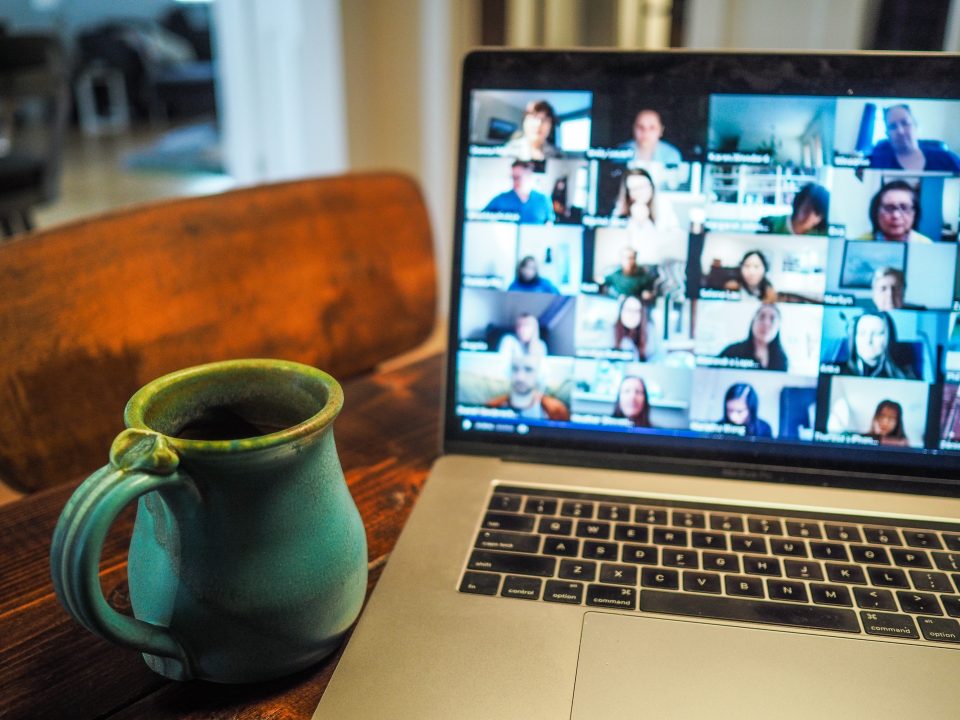It’s us who define the narrative about “the others”.

A deaf mute princess
27. February 2019
My unforgettable intercultural summer
27. February 2019It’s us who define the narrative about “the others”.

In the light of events from last couple of months and years, many of us keep wondering what has gone wrong, why extremists and populists are raising their power, why the number of racially, ethnically and religiously motivated crimes is growing, and why so many ordinary people share posts and comments spreading hatred. To answer all this is not an easy task and it would be inappropriate to come up with a simplistic explanation of such a complex topic. In this article, I will try to have a closer look at psychological mechanisms that are behind the outlined problems.
Fostering the concept “us versus them” is like playing with fire. This dichotomy is deeply rooted in each of us and has a strong evolutionary significance as it helped humans in the past to take quick decisions in order to survive. Two professors of psychology, Karen Wynn and Neha Mahajan, have studied this phenomenon observing a group of babies under one year of age. The babies got a choice of three foods and their preference was noted. Then, puppets controlled by the researchers were given the same food choice and each of the puppets chose one. And finally, the babies were asked to choose a puppet. 84% of the babies chose the puppet who made the same food choice as they did! The mechanism to identify “us” is developed at very early age.
Now imagine an opinion leader who identifies a group of “them” and awakes this prehistorical psychological concept so present in all of us. The next phase of this dangerous mental game is what we call “values attribution” when we start to assign certain qualities and characteristics to “them”, mainly negative (e.g. refugees are dangerous, Muslims are terrorists, gays are pervert, blacks are criminals, whites are racist). The more we hear those values assigned to “them”, the more we tend to believe they are true. The famous football player Cristiano Ronaldo agreed to take part in a social experiment observing this psychological mechanism of “value attribution”. He dressed as a homeless man playing with a ball on the streets of Madrid. Nobody seemed to pay a real attention to him and to his talent as we usually attribute certain qualities to homeless people. Except a little boy who fully enjoyed the game with him. When Cristiano took off his costume, he was surrounded by crowds in a minute.
Once these values assigned to “them” become a commonly agreed true, we get under pressure of the so called “group thinking” when we stop think for ourselves and rather accept the group opinion just to make sure we fit in. I tested an effect of “group think” during the cross-cultural trainings and workshops I deliver to my clients. Months before the parliamentary election in Slovakia in 2016 when almost all politicians defined Muslims as safety risk, the clear majority of workshop participants claimed Muslims to be the most challenging group of people to interact with, even though they confirmed not having any direct and personal experience with Muslims. In the months following the election, politicians switched to different agenda and Muslims were rarely a topic during the conversations with the participants of my cross-cultural workshops.
It is extremely difficult to fight the phenomena such as “us versus them”, “value attribution”, “group think”, “stereotypes” and “prejudices”. Once we try to use very logical facts to show people affected by those biases different perspective, we cause them what psychology calls “cognitive dissonance”, a very uncomfortable state of mind created by contradictory information. The most common way how we try to get out of this discomfort is by ignoring all the information which is not aligned with our beliefs and we reach out to selective attention focusing on data that are supporting our opinion only.
The way we talk about “the others” triggers a whole range of complex psychological mechanisms I just tried to explain briefly. But it’s not only politicians, public leaders and media who are involved in the creation of the narrative. The responsibility lays on all of us. Each and every of us can limit the extremism and populism. With every opinion we articulate, with every article, thought or video shared on social media and every comment left below the posts, we define what the story about “the others” will be like. We all have a choice to make.



